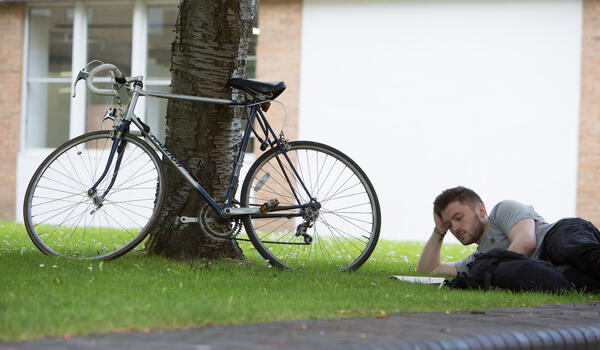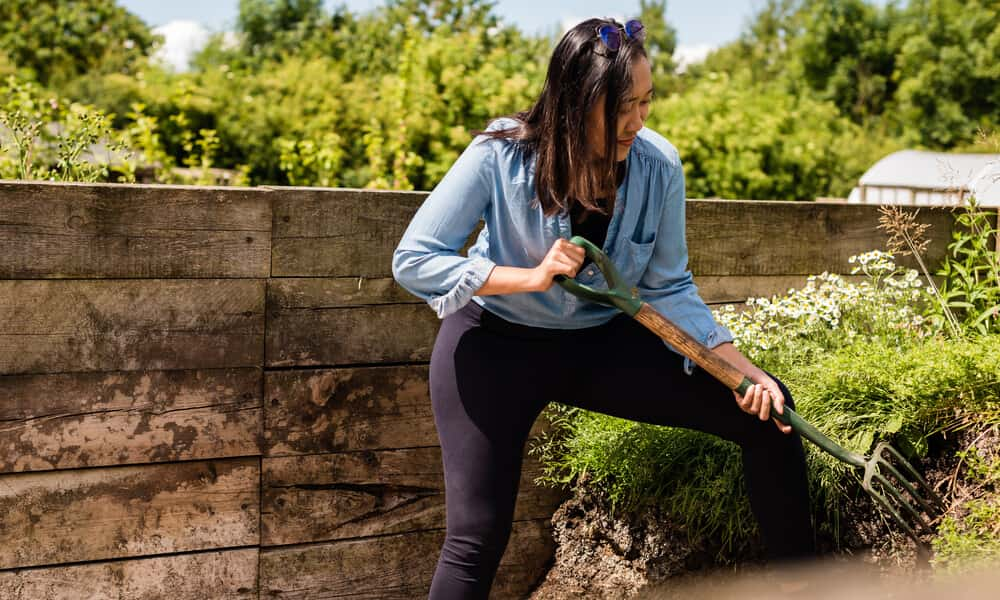
Goal 11 - Sustainable Cities and Communities
Make cities inclusive, resilient and sustainable

Research
Lancaster University researchers from the Centre for Social Futures are part of a £7.8million five-year programme to work with communities, local authorities, businesses and interest groups in Leeds, to develop alternatives to car ownership to meet the transport and mobility needs of the future.
Researchers from Imagination Lancaster, a design-led laboratory at Lancaster, have created an exciting and sophisticated new mapping technology enabling future generations to get involved in creating their own future cities. Using game technology, it helps to create more interest from the public in how their local community is run and built.
Our Future Cities Research Institute is a joint partnership between Lancaster University and Sunway University in Malaysia. One area of research they focus on is resilient cities and how to make cities as well as communities and citizens more resilient, agile and adaptable to climate change and other global challenges, such as future pandemics.

Teaching
Sustainable cities
Many of our degrees focus on cities and spaces of the future in the face of environmental challenges. For example, our Human Geography degree, has a module called Society and Space that focuses on the interactions between society and space, and between people and places at a variety of spatial scales and in different parts of the globe.

Campus life
Bike hire scheme
Lancaster University’s bike hire scheme, offers students the convenience of cycling without the expense of owning their own bike, or the hassle of cycle maintenance. Students can rent termly, with all equipment and maintenance included so they can enjoy riding their bike to and from campus with ease.

Public Engagement
Wind Turbine Community Benefits Fund
Each year, our Wind Turbine Community Benefit Fund allocates up to £20,000 to Lancaster District-based not-for-profit organisations, charities, trusts, community groups or voluntary organisations to support sustainable projects, large and small. The funding really makes a difference to the local area, whether that's through funding new charging points for electric vehicles or contributing towards refurbishment projects to improve energy efficiency.

